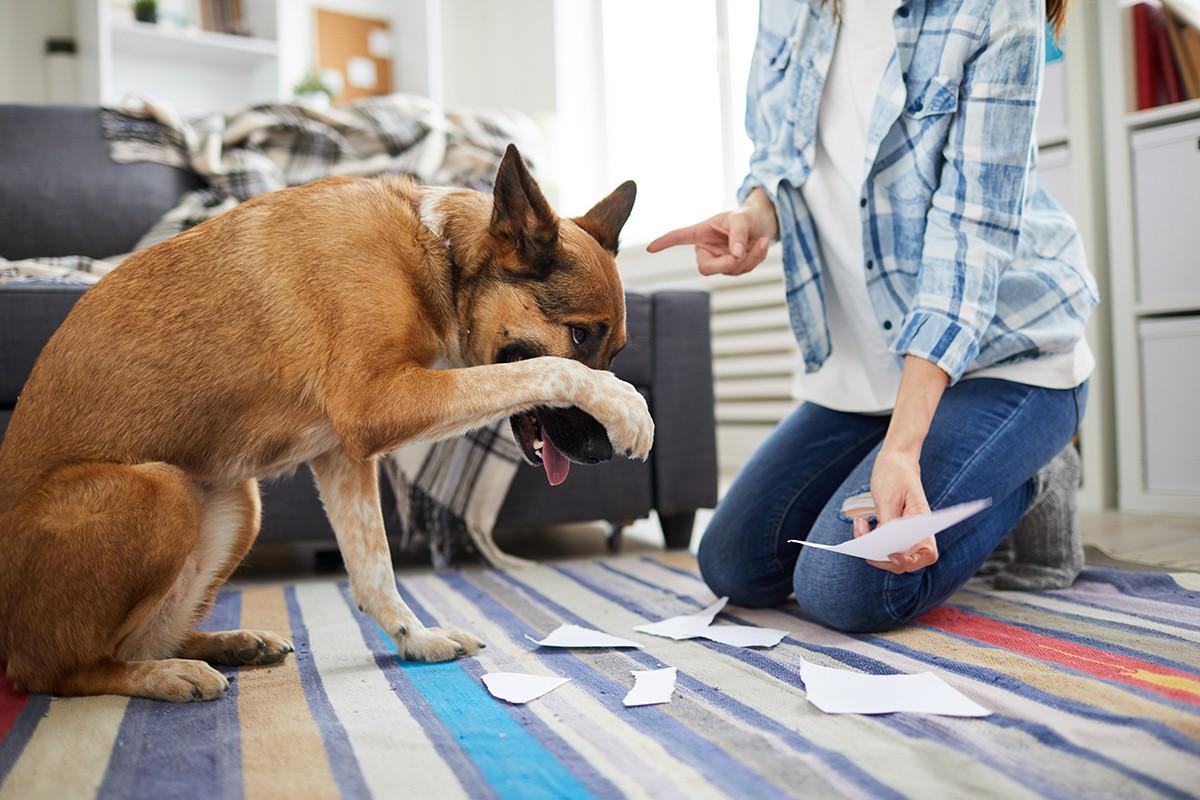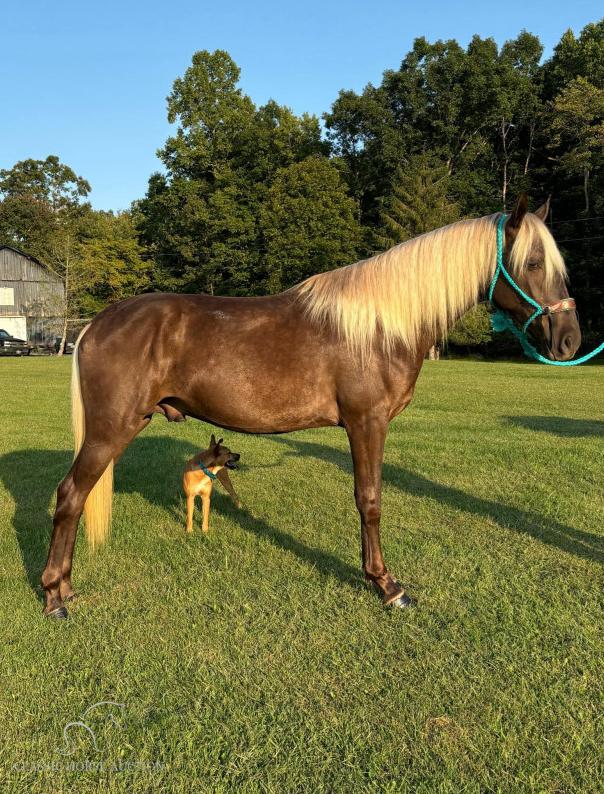When it comes to our furry companions, their antics can range from delightful to downright frustrating. Whether it’s chewing on shoes, barking incessantly, or refusing to follow commands, bad behavior in dogs is something every pet owner encounters at some point. As loving guardians, it’s only natural to wonder how best to address these challenges. Should we punish our dogs for their misbehavior, or is there a more effective way to guide them towards better habits? In this article, we will explore the nuances of canine behavior management, offering insights and strategies to help you foster a positive and understanding relationship with your dog. By delving into expert advice and examining various approaches, we aim to equip you with the knowledge to make informed decisions that benefit both you and your four-legged friend.
Understanding the Root Causes of Your Dogs Misbehavior
Misbehavior in dogs can often be traced back to a few fundamental causes. Understanding these root causes can help in addressing the issue more effectively. Lack of exercise is a common culprit. Dogs are energetic creatures that need regular physical activity to stay balanced. Without sufficient exercise, they may channel their pent-up energy into undesirable behaviors such as chewing furniture or excessive barking.
Another significant factor is inconsistent training or unclear boundaries. Dogs thrive on structure and routine, and if their environment lacks consistency, they may act out. Ensure that everyone in the household is on the same page regarding rules and commands. Other potential causes include fear or anxiety, which can stem from past experiences or environmental changes, and medical issues, which might require a visit to the vet. Addressing these underlying issues can often lead to a more harmonious relationship with your furry friend.
- Ensure regular physical activity
- Maintain consistent training
- Recognize and address anxiety
- Consult a vet for medical concerns

Effective Communication Techniques to Guide Your Dog
When communicating with your furry friend, it’s crucial to focus on positive reinforcement rather than punishment. Dogs thrive on understanding and consistency, so employing techniques that build trust and mutual respect is key. Here are some methods to guide your dog effectively:
- Use Clear Commands: Always use simple, consistent words for commands and ensure everyone in the household uses the same language. This helps your dog understand what is expected.
- Positive Reinforcement: Reward desired behaviors with treats, praise, or playtime. Positive reinforcement strengthens the bond and encourages your dog to repeat good behavior.
- Body Language: Dogs are keen observers of body language. Ensure your gestures are calm and reassuring to convey messages effectively.
- Patience and Consistency: Training takes time. Be patient and consistent with your efforts, as this helps your dog learn more efficiently.
By focusing on these communication techniques, you’ll foster a harmonious relationship with your dog, guiding them towards better behavior naturally and compassionately.

Positive Reinforcement Strategies for Encouraging Good Behavior
- Reward Desired Behaviors: One of the most effective ways to promote good behavior in dogs is by rewarding them when they do something right. Use treats, praise, or toys to reinforce actions like sitting on command or walking calmly on a leash. This not only encourages the behavior to be repeated but also strengthens the bond between you and your furry friend.
- Consistency is Key: Consistency in training and rewarding is crucial. Ensure that everyone in the household is on the same page regarding commands and rewards. Mixed signals can confuse your dog, making it harder for them to understand what is expected.
- Positive Reinforcement Training: Enroll your dog in a positive reinforcement training class. Professional trainers can offer valuable insights and techniques to help your dog learn in a supportive environment.
- Redirect Unwanted Behaviors: Instead of focusing on punishment, redirect your dog’s attention to more appropriate behaviors. For example, if your dog is chewing on furniture, provide a chew toy as an alternative and reward them when they use it.
Using these strategies, you can cultivate a well-behaved dog through encouragement and patience, fostering a positive learning experience that benefits both you and your pet.
Creating a Consistent Training Routine for Lasting Results
Establishing a structured training routine is essential for achieving lasting behavioral results in dogs. A consistent approach not only builds trust but also helps your dog understand what is expected. Begin by setting a daily schedule that includes short, focused training sessions. This could involve dedicating 10-15 minutes each day to practice commands and reinforce positive behaviors. Consistency is key, so ensure each session occurs around the same time to create a habit for your dog.
- Set clear goals: Decide on specific behaviors or commands you want to focus on.
- Use positive reinforcement: Reward good behavior with treats, praise, or playtime to encourage repetition.
- Be patient: Understand that learning takes time and every dog progresses at their own pace.
Incorporating variety in your routine can prevent your dog from becoming bored or resistant to training. Rotate through different activities and environments to keep things interesting. For instance, practice commands both indoors and outdoors, and incorporate interactive toys or games that challenge your dog’s mind. Routine diversity helps reinforce learning and adaptability, making your dog more responsive and engaged.

